


The highly anticipated 'One Nation, One Election' Bill, which proposes simultaneous elections for Lok Sabha and state assemblies, is set to be introduced in the Parliament. The Cabinet approved the Bill in December, but it has sparked a heated debate between the ruling and Opposition parties. While the BJP and its allies are in favor of the Bill, several Opposition parties, including Congress and TMC, are against it. The panel, headed by former President Ram Nath Kovind, recommended implementing the Bill in two phases, causing further controversy.
"One Nation, One Election": A Bill Stirring Political Debate
Background:
The concept of "One Nation, One Election" (ONOE) has been debated in India for several years. The idea is to hold all elections, both at the national and state levels, simultaneously on a fixed date. This is expected to reduce election fatigue, save government expenditure, and provide a more stable political environment.
The Proposed Bill:
In December 2022, the Union Cabinet approved the ONOE Bill, which seeks to implement simultaneous elections. The Bill proposes several amendments to the Constitution of India, including the following:
Political Debate:
The ONOE Bill has sparked a heated debate among political parties. The ruling Bharatiya Janata Party (BJP) and its allies support the Bill, arguing that it will streamline the electoral process and save taxpayer money. However, several Opposition parties, including Congress and Trinamool Congress (TMC), oppose the Bill. They contend that it will undermine the federal structure of India and give the Centre undue influence over state elections.
Controversy Over Implementation:
The Bill also includes a recommendation from a panel headed by former President Ram Nath Kovind to implement ONOE in two phases. This would involve holding simultaneous elections for the Lok Sabha and state assemblies in different regions of India in phases over a period of years. However, this recommendation has further divided opinion, with some critics arguing that it will prolong the electoral process and create additional administrative challenges.
Top 5 FAQs and Answers:
1. What are the potential benefits of ONOE?
Simultaneous elections could reduce election fatigue, save government expenditure, and provide a more stable political environment.
2. What are the concerns raised by Opposition parties?
Opponents of the ONOE Bill argue that it will undermine federalism, give the Centre undue influence over state elections, and lead to a reduction in the frequency of elections.
3. How would ONOE be implemented?
The Bill proposes to amend the Constitution to fix the terms of the Lok Sabha and state assemblies and conduct elections within a 30-day window every five years.
4. What is the recommendation of the Kovind panel?
The Kovind panel recommended implementing ONOE in two phases over a period of years, but this recommendation has sparked controversy.
5. What is the current status of the ONOE Bill?
The Bill is expected to be introduced in Parliament, where it will face debate and amendments before a final vote is taken.
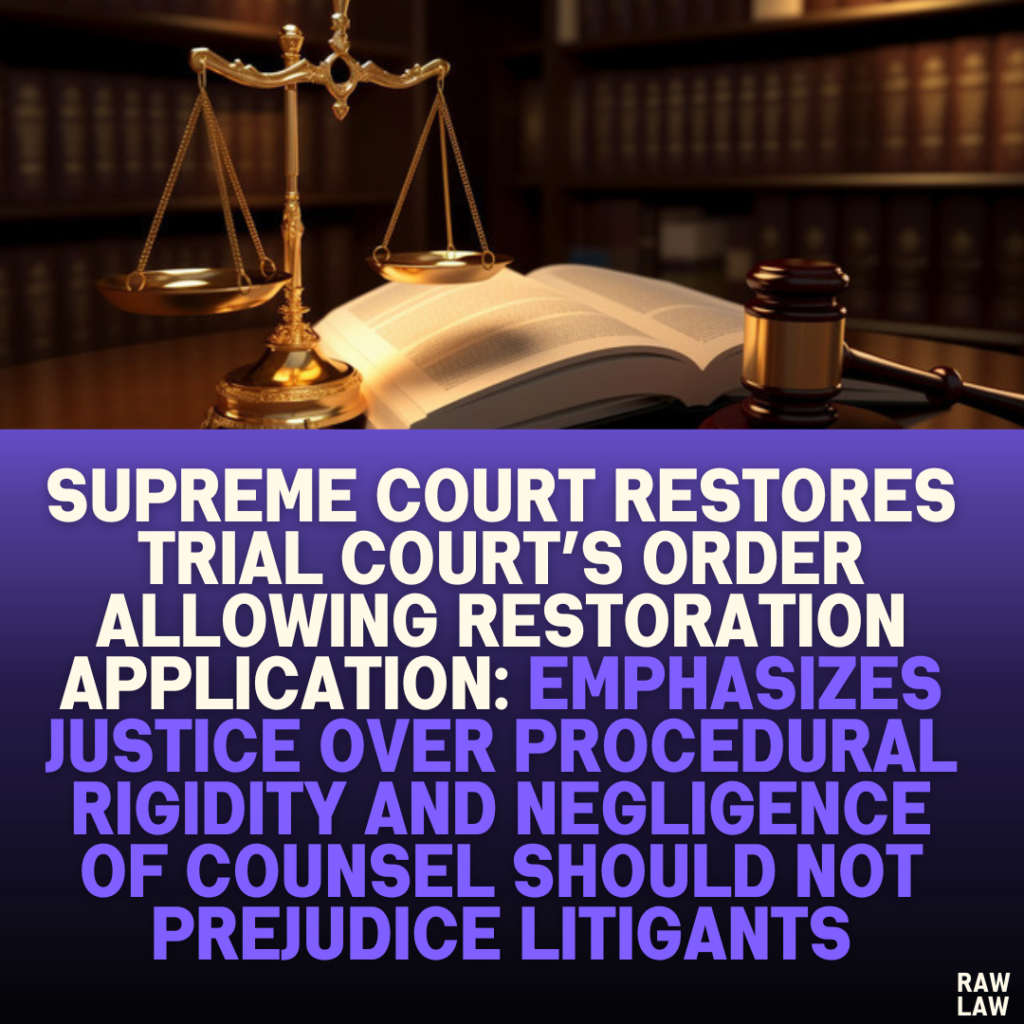
The Supreme Court on Friday set aside the Delhi High Court's order to delete a Wikipedia page on an ongoing defamation case between Asian News International (ANI) and Wikimedia. The bench reiterated the principle that courts should be open to public observation and welcome constructive criticism, and that media reporting about judicial proceedings cannot be curbed lightly. The Court also cited past judgments highlighting the importance of public scrutiny and gaze as a check against judicial caprice and maintaining public confidence in the administration of justice.
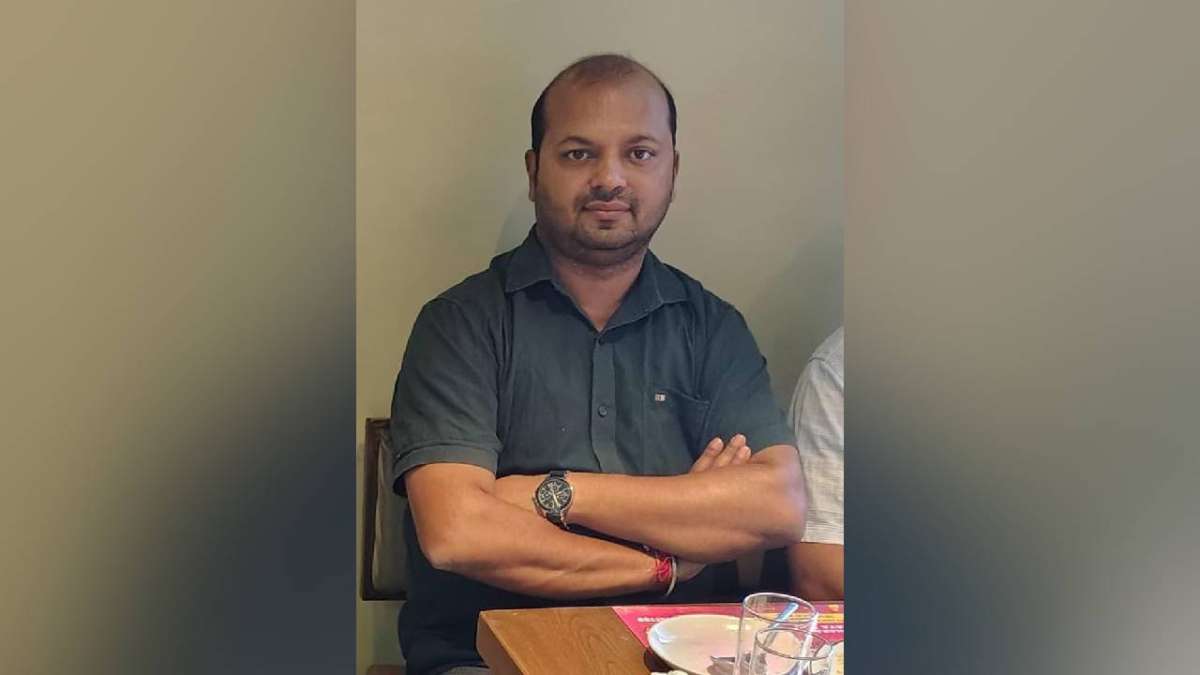
As the nation mourns the victims of the Pahalgam terror attack, retired Brigadier Deep Bhagat, a gallantry award-winning Indian Army veteran, has called for unity. In a video posted by his son, content creator Anish Bhagat, Brigadier Bhagat warned against falling into the trap of communal divide, which he claims is the goal of the perpetrators behind the massacre. He emphasized the need for Indians to stay united in the face of such tactics. The inspiring video has garnered over 4.5 million views and has received praise for the retired officer's wise words.
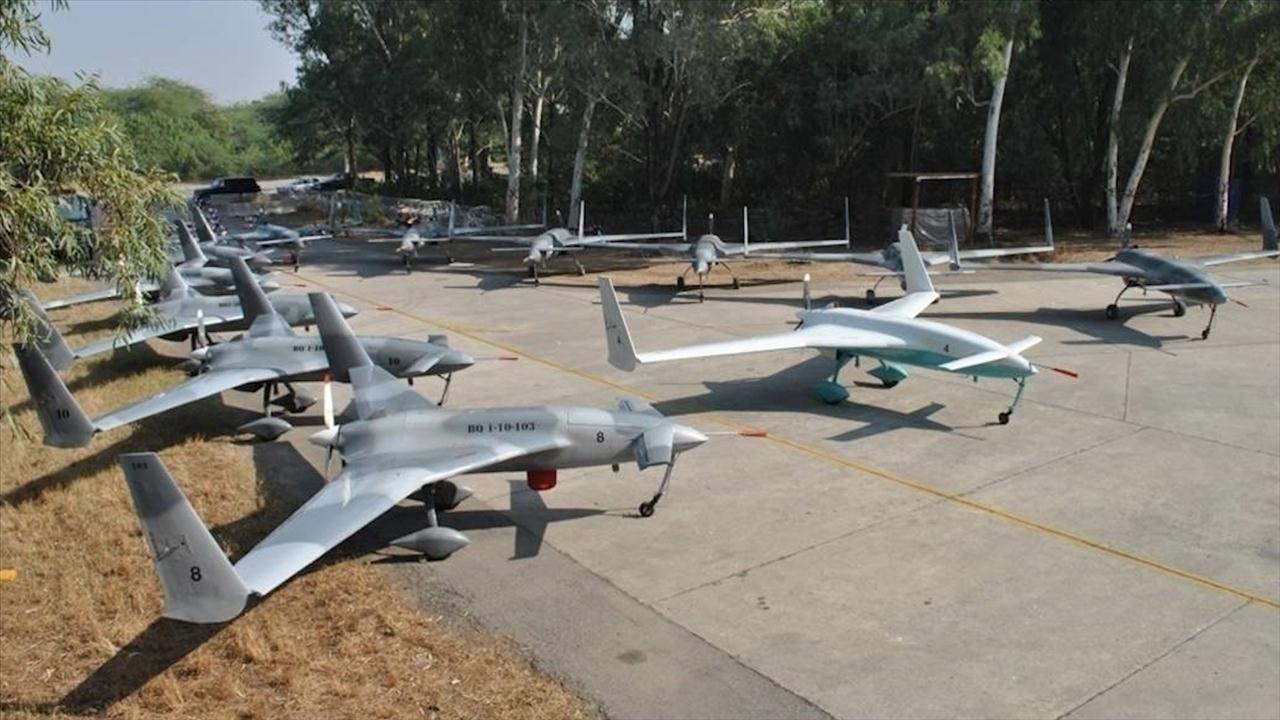
In response to Pakistan's escalating actions along India's western borders, the Indian Army launched Operation Sindoor and neutralized nine terror camps in Pakistan and Pakistan-occupied Kashmir. In the wake of Pakistan's drone attacks, the Indian Army has demonstrated its robust air defense systems and declared zero tolerance for any violations of India's sovereignty. Fragments and debris of an unidentified projectile were also recovered from Punjab and Rajasthan, indicating the aggressive intentions of Pakistan.
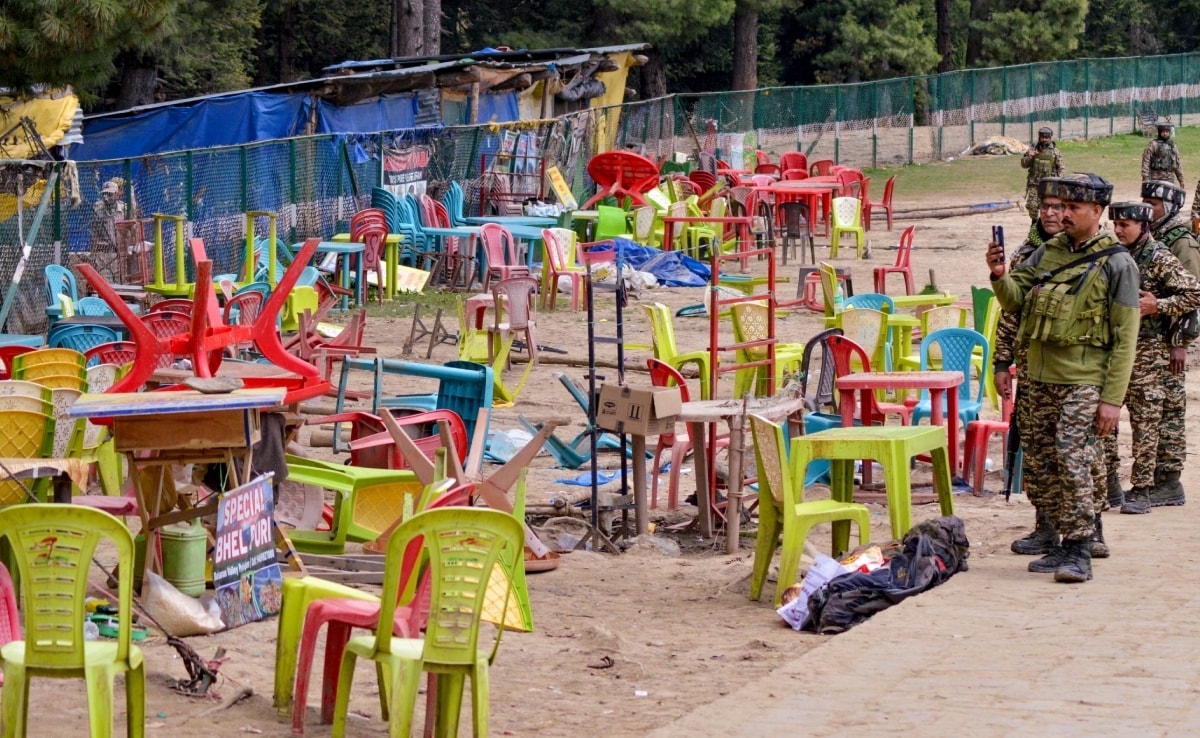
After the deadly terrorist attack in Pahalgam that claimed the lives of 27 civilians, including tourists, speculation is rife about India's response. It is reported that India may carry out surgical strikes and airstrikes against Pakistan. However, former Commander of the Srinagar-based Chinar Corps Lt Gen Devendra Pratap Pandey (Retd) cautions against this move, stating that Pakistan is looking for escalation to divert attention from its internal and economic problems. He suggests exploring other options for punishment that will target the culprits behind the attack.

On Saturday morning, India retaliated against Pakistan as the latter continued to launch airstrikes and use drones to attack military installations in multiple cities. In the early morning escalation, a senior official from Jammu and Kashmir, Raj Kumar Thapa, tragically lost his life due to a shell hitting his house. The CM has expressed his condolences and urged people to stay indoors amidst the ongoing conflict. Reports indicate that PAF has suffered losses during the engagement and the government is set to hold a briefing on the attacks.

Members of the Kashmiri Pandit Association and the Jammu and Kashmir Dogra Samaj gathered in Mumbai to honor and mourn the Hindu civilians brutally killed in Pahalgam, Kashmir. The community representatives stated that the victims were targeted solely for their religious identity, reigniting concerns about minority safety in the conflict-prone region. The attendees stood in silence, holding placards and candles, to remember the victims and to demand justice and protection for vulnerable communities. The organizers emphasized the need for national unity and called upon authorities to take swift action against such attacks. They also stressed the importance of civil society standing up against communal violence through peaceful but firm action.
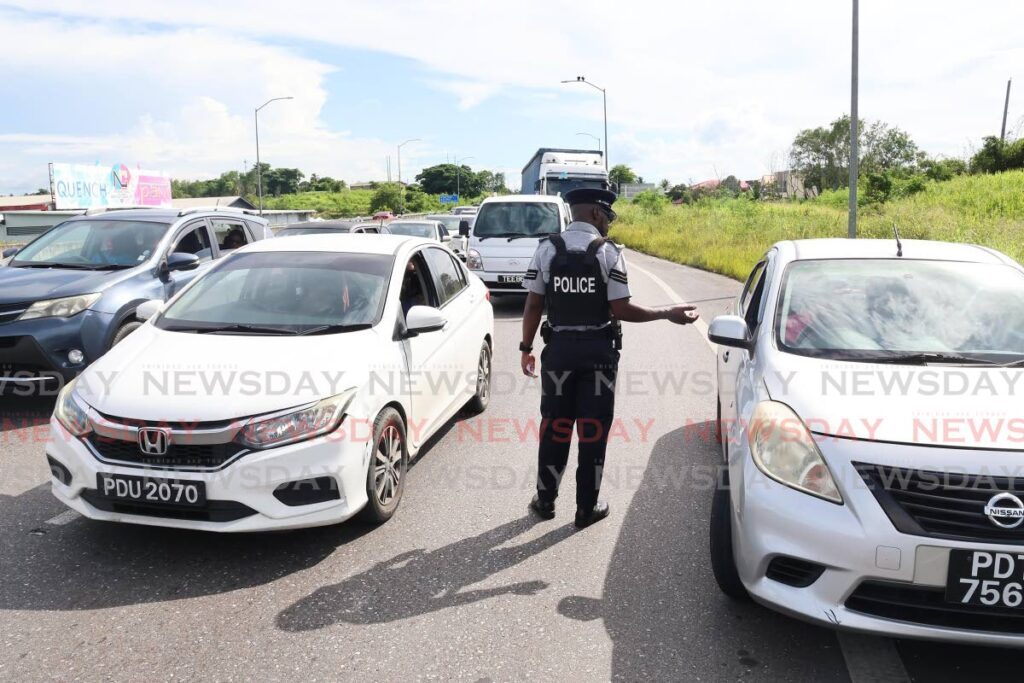
The Indian government has announced the implementation of a demerit point system for traffic violations, in an effort to reduce road accidents. Under this new system, drivers will receive demerit points for infractions such as speeding and running red lights, with accumulation of too many points potentially leading to suspension or cancellation of their driving licence. This initiative is part of a larger plan to improve road safety measures in India, which have come under scrutiny due to the high number of traffic-related deaths.
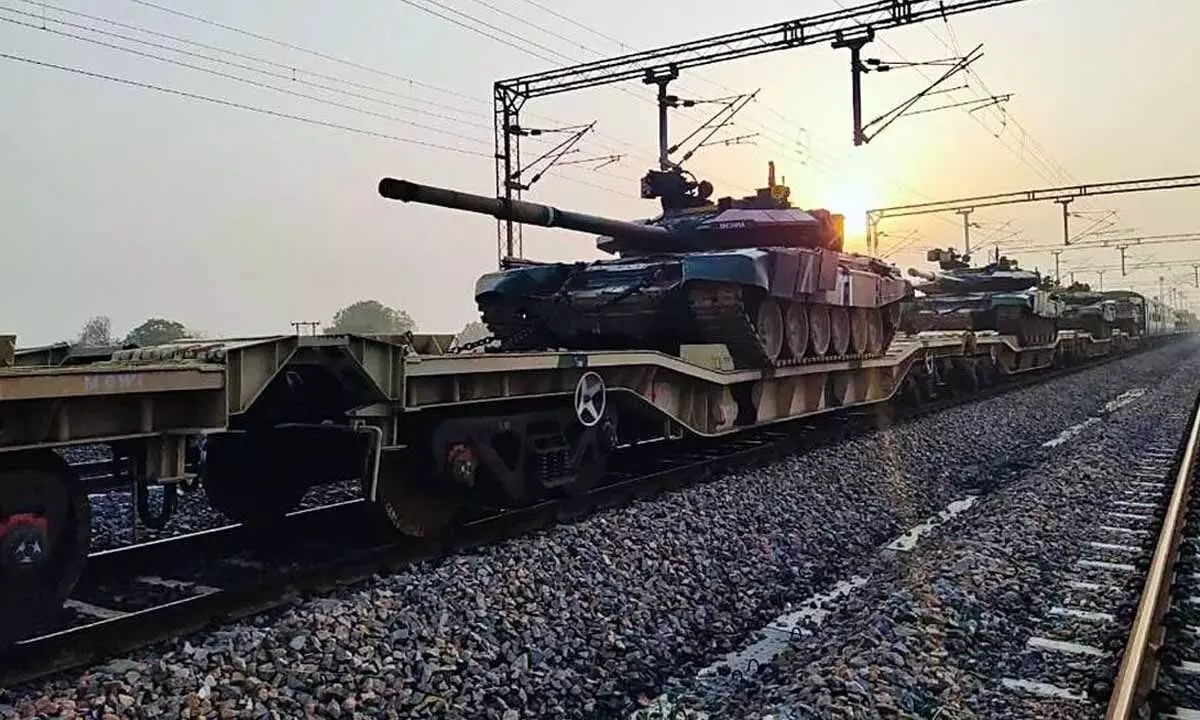
In the midst of escalating tensions between India and Pakistan, the Indian Railway Ministry has issued an advisory to its employees, cautioning them against sharing confidential information about military train movements with unauthorized persons. This comes as a response to possible attempts by Pakistani intelligence agencies to seek information about such movements. The advisory highlights the gravity of the situation and urges railway officials to be vigilant and not disclose any information to unauthorised individuals.
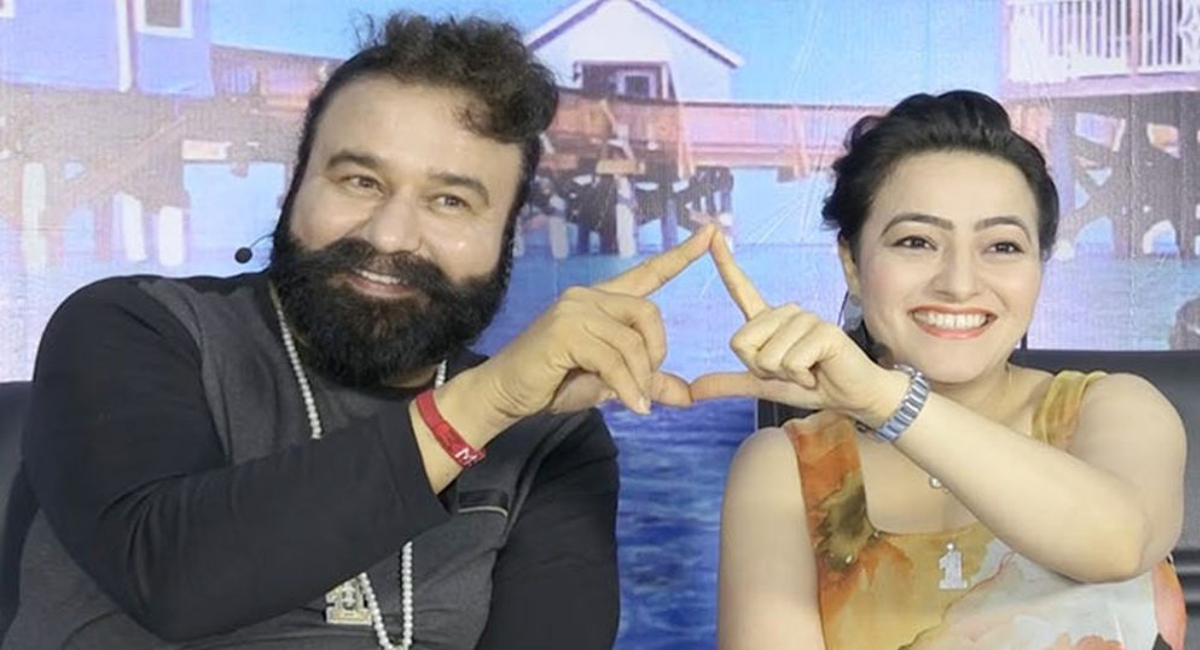
In the aftermath of the conviction of Dera Sacha Sauda chief Gurmeet Ram Rahim, a series of events have unfolded. Punjab's Chief Minister condemned Haryana's CM for blaming Punjab, Indian Film and Television Directors' Association canceled the Dera Chief's membership, and Twitter has frozen his official account. Additionally, his son has been appointed as the executive manager, leading to more speculation about the Dera Sacha Sauda's influence and power. The riots that have occurred in northern India since the conviction only further highlight the chaos surrounding this controversial figure. With the Dera Chief's influence on politics and the masses, it is clear that his actions have long-term consequences.
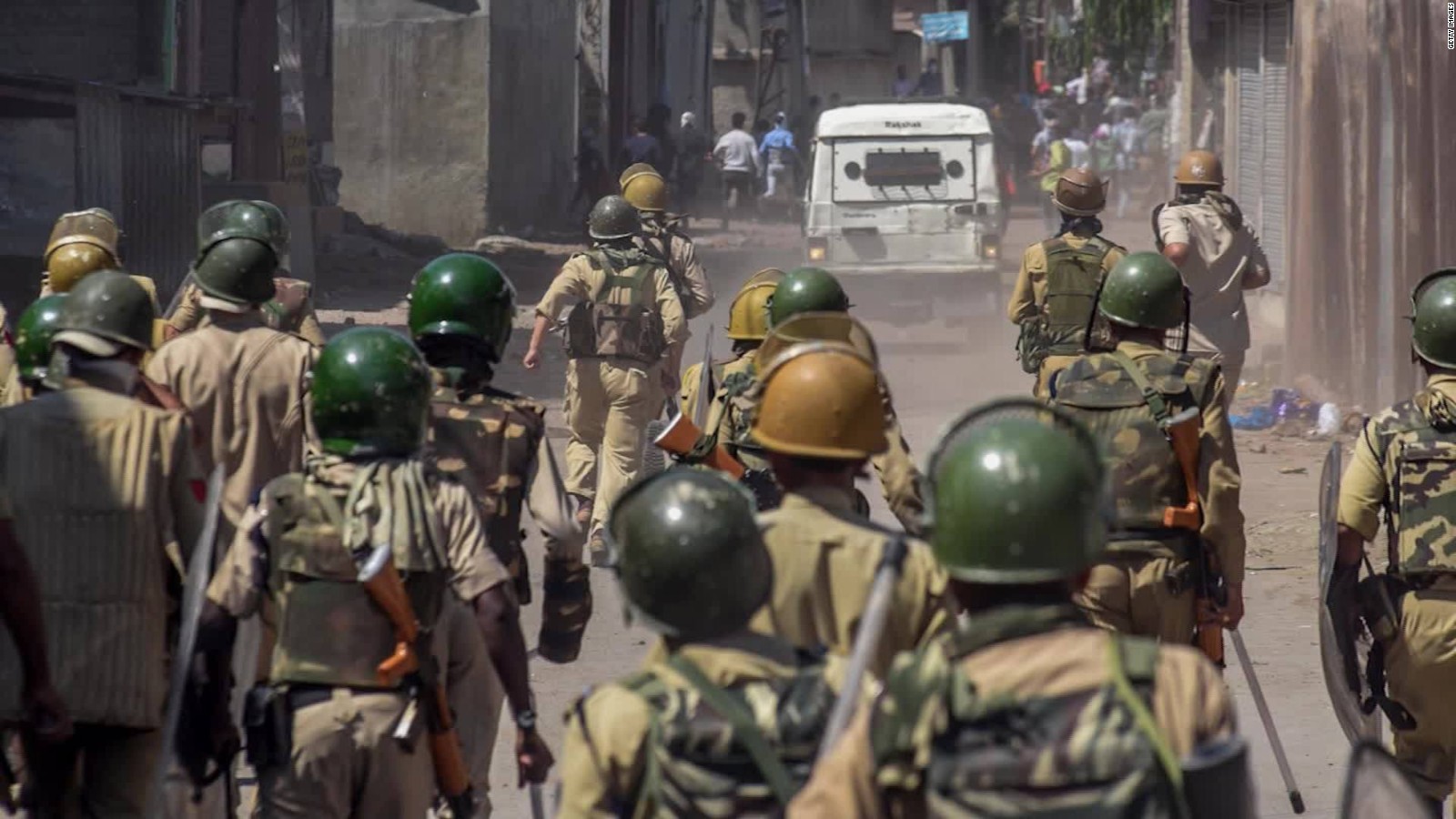
In a closed-door consultation, the UN Security Council discussed the recent terror attack in Jammu and Kashmir and called for de-escalation between India and Pakistan. The meeting, called by Greece, did not result in a statement, but Pakistan claimed its objectives were "largely served". The UNSC President described it as a "productive and helpful" meeting, while Pakistan's Permanent Representative stated that their objectives of having a discussion on the situation and the need for dialogue were achieved.